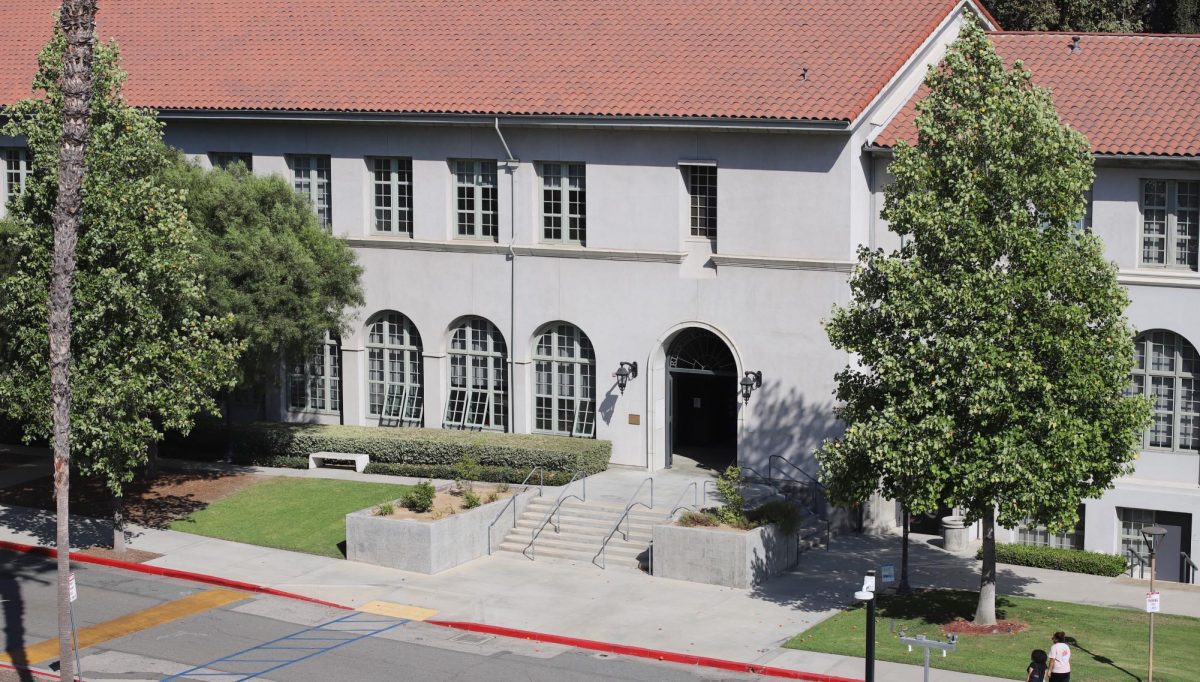By Jeremy Fuerte / News Editor

Useless degree (Jackie Trejo / Staff Illustration)
By Jeremy Fuerte / News Editor
It’s the first week of school; your professors are probably mundanely reading off their syllabus word for word, telling you how important attendance is and how you should study two hours for every hour in class, but they’re probably leaving out one crucial fact.
Your degree may not be worth it.
They aren’t telling you this because education is a business and no matter whether they say they’re public, private or for profit, at the end of the day, they need to fill their coffers full of Benjamins. If they don’t, they either have to cut their pork or risk jumping off the fiscal cliff.
Talk to anybody who has been through the system and majored in something like philosophy and they may tell you they’re the most intelligent employee at Walmart.
So let’s take a moment to talk about what you lose when you’re enrolled in any college.
One of the assets you lose is your hard earned money, or if you’re lucky enough to receive financial aid, someone else’s hard earned money. Every unit you take here at Riverside City College is $46 out of your pocket. Assuming you’re taking at least a full course load of 12 units, you will have spent $552 for this fall semester for registration alone. Take into account your textbooks, parking permits and other fees required on web advisor, can easily spend $1,000 dollars for 17 weeks worth of instruction.
This isn’t anywhere near the full sacrifice you’ll be making when you attend college though. The number one asset you’ll be sacrificing is your time, and that’s an asset you will never be able to get back.
Assuming you devote all of your time to school, you could have used that time working. Even working a full time job at minimum wage, you’ll have forfeited $1,280 before taxes, and while the majority of employers are willing to work around your school schedule and give you part time work, some just won’t.
I learned this the hard way when I was terminated from a position at Walmart when I refused to drop school after they refused to give me two days off for school. At $8.25/hr, I knowingly accepted the fact that I would forfeit $5,280 in income for four months.
Add your forfeited wages to the cost of attending college, and you can easily have forfeited a net worth of $6,000. Compound this by 60 units over two years, and you’ll have an idea of what two years worth of a community college will cost you.
Transfer to a four-year university, and you can easily be thousands of dollars in debt after earning your degree.
Going into college you should know this. Coming into college someone, whether it be a professor, a councilor or a random columnists should tell you that after digging yourself into thousands of dollars in debt, you may not have a career to fall back on afterwards.
I have a friend who after attending University of California Irvine and earning a bachelor’s in philosophy, is now one of the most intelligent unemployed people I know.
He spends his days climbing at an indoor gym, contemplating about earning a second degree, and stressing out over the $5 worth of credit he has left on his card.
When attending college, you should be aware of the fact that premier four-year institutions crank out so many degrees in key subject areas that the job market can’t keep up.
It is a fact you should take into consideration when attending college and pursuing your degree. It’s a degree that may not be worth anything in the long run.
Sure, college isn’t just a tool to land yourself a career, though it is one of the most important factors. It’s also a place to build connections, grow and participate in life changing discussions and events.
But at the end of your four years, you may be the most intelligent person employed at Walmart with the largest debt to boot.






